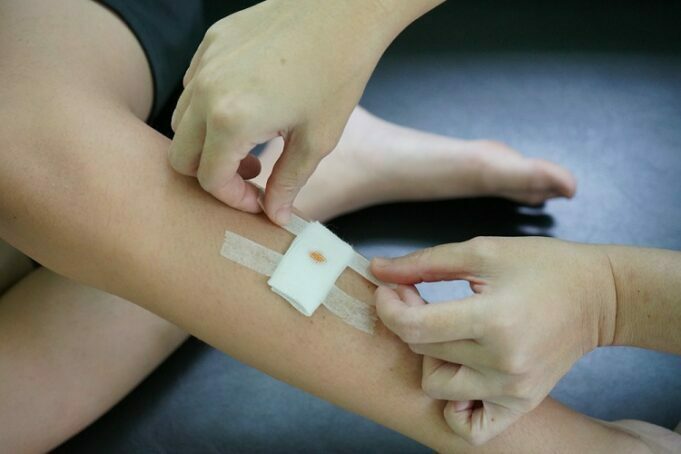Sometimes leg wounds may be minor and may resolve after taking antibiotics, but if they persist, they may be an indicator of an underlying disorder. Chronic leg wounds can cause infections and severe complications that may prompt amputation. Luckily, the El Paso Desert West Vein & Surgery Center offers effective treatments that promote wound healing and prevent recurrent ulcers.
Table of Contents
What factors contribute to leg wounds?
Leg wounds refer to open sores that develop on your feet or legs, limiting your mobility. Tissue damage and portion swelling may deteriorate, leading to itchy or painful wounds that may interfere with the quality of your life. If these wounds are left unattended, they may recur or cause severe complications.
At Desert West Vein & Surgery Center, Dr. Kasha and his team offer cutting-edge treatments that guarantee long-lasting relief. Some factors contributing to chronic ulcers include diabetes, deep vein thrombosis, chronic venous insufficiency, varicose veins, and peripheral artery disease (PAD).
How can you know that you have chronic ulcers?
The pooling of blood in the veins in your leg may cause fluid and blood leakage to the surrounding tissues resulting in venous ulcers. A venous ulcer may cause a burning or itchy sensation, and the surrounding area may swell, causing extreme discomfort. Initially, you may experience leg cramping, swelling and heaviness, tingling or itchy feeling, and purple hardened skin, which signifies blood pooling in your veins.
As the disease worsens, you may notice shallow sores, debilitating leg pain, infection with pus and foul odor, and shiny discoloration in the surrounding skin. If you get chills or cloudy drainage, call your doctor immediately for medical assistance.
How can you prevent venous ulcers?
If you suspect that you have a high risk of developing leg ulcers, you may need to adopt several preventative measures. You may need to inspect your feet occasionally for any abnormal signs that may signify venous ulcers. Early detection of the ulcers prevents further complications and infection that may exacerbate the wound.
You may also consult your most trusted specialist at Desert West Vein & Surgery Center on effective measures for preventing leg ulcers. Your doctor may recommend a few lifestyle adjustments such as quitting smoking, eating a healthy diet, and managing your cholesterol, blood pressure, and blood pressure.
What are the available treatment options for venous ulcers?
Medical practitioners advise against ignoring leg wounds because they may signify an underlying medical condition no matter how small they are. Your doctor may recommend compression bandages to relieve the swelling and seal the wound, preventing infection.
Other treatment options include wound care, diabetes management, regular exercise, varicose veins treatments, weight loss, and leg elevation. In severe cases, your physician may recommend braces or orthotics to promote mobility and prevent ulcers. The team may recommend pentoxifylline to promote blood circulation and aspirin to avoid the development of blood clots.
Don’t tolerate a painful chronic wound that may signify an underlying health issue. Create an appointment online or call Desert West Vein & Surgery Center specialists to begin your treatment.










